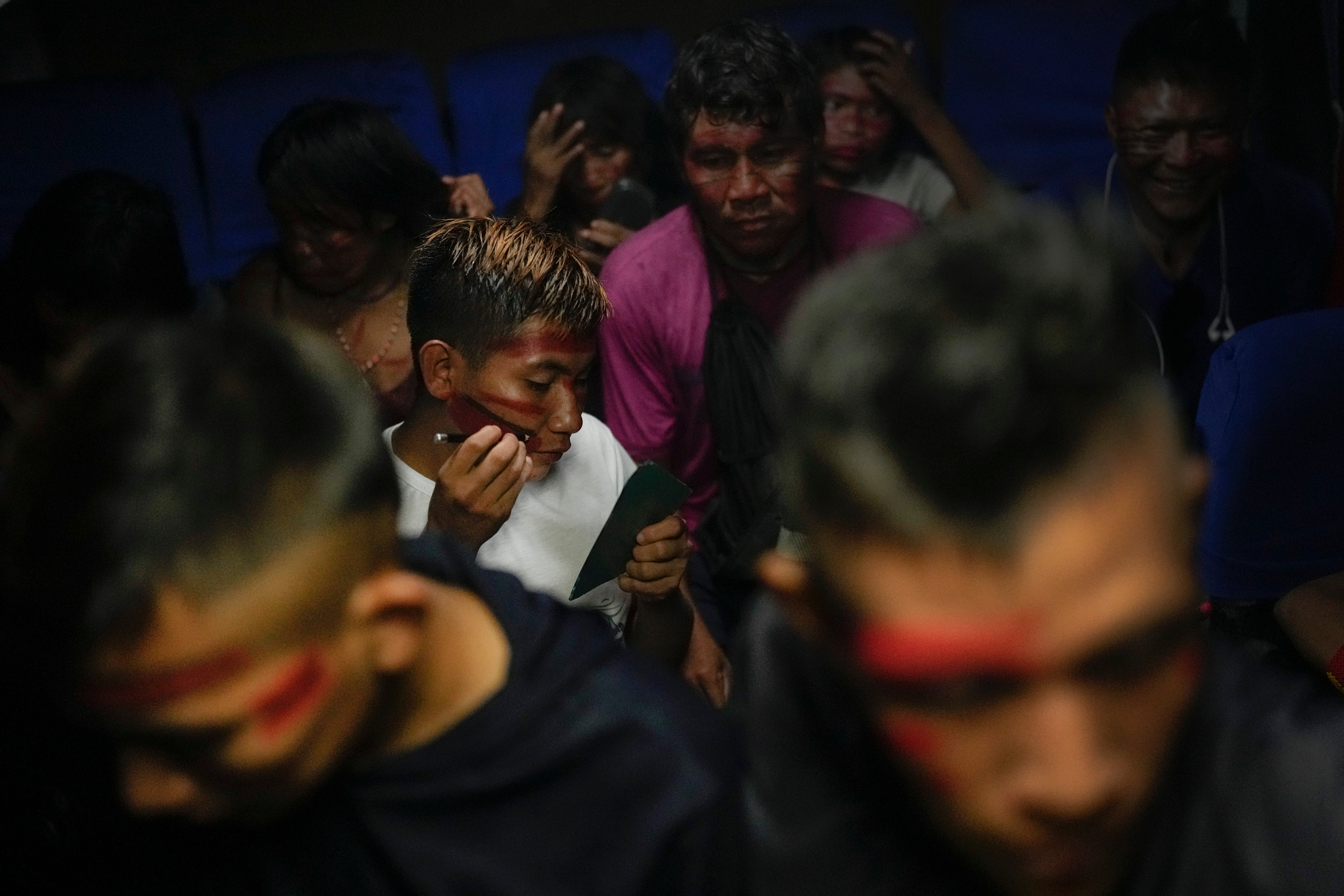Brazilian police probe deadly shooting on Indigenous land
Brazil’s federal police say they are investigating a shooting that killed one and wounded two Yanomami Indigenous people

Your support helps us to tell the story
From reproductive rights to climate change to Big Tech, The Independent is on the ground when the story is developing. Whether it's investigating the financials of Elon Musk's pro-Trump PAC or producing our latest documentary, 'The A Word', which shines a light on the American women fighting for reproductive rights, we know how important it is to parse out the facts from the messaging.
At such a critical moment in US history, we need reporters on the ground. Your donation allows us to keep sending journalists to speak to both sides of the story.
The Independent is trusted by Americans across the entire political spectrum. And unlike many other quality news outlets, we choose not to lock Americans out of our reporting and analysis with paywalls. We believe quality journalism should be available to everyone, paid for by those who can afford it.
Your support makes all the difference.Brazil's federal police said Sunday they are investigating a shooting that killed one and wounded two Yanomami Indigenous people, saying the main suspects were illegal gold miners working in that area of Roraima state.
A police statement said in a statement that the incident took place Saturday and added that the government sent members of the ir force and the Indigenous issues agency FUNAI to help with the probe.
Earlier this year, Brazil's government pushed illegal gold miners out of Yanomami territory, saying their mining had caused widespread river contamination, famine and disease for one of the most isolated groups in the world.
Brazil's government estimated about 20,000 people were engaged in illegal mining in February, often using toxic mercury to separate out gold. Since then, several federal police and military raids have made it harder for gold miners to reach that area.
An estimated 30,000 Yanomami people live in Brazil’s largest Indigenous territory, which covers an area roughly the size of Portugal and stretches across Roraima and Amazonas states in the northwestern corner of Brazil’s Amazon.